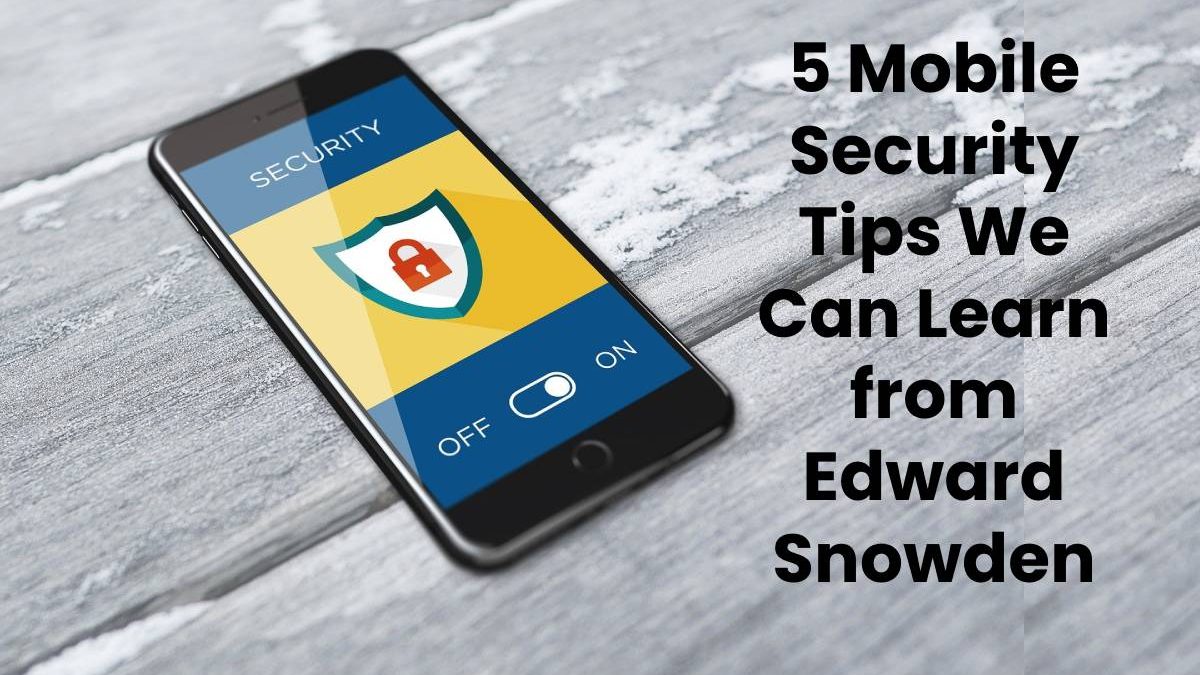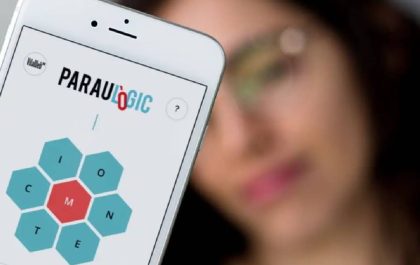Mobile Security Tips We Can Learn from Edward Snowden
Edward Snowden’s name came to the limelight in 2013 when he leaked how America’s NSA (National Security Agency) carries out secret surveillance and monitoring of the American public. This event came up with major consequences for Snowden. The computer intelligence consultant had to flee from the United States to avoid being caught by the federal government.
There’s no denying the fact that Snowden knows a thing or two more about privacy and security of personal devices like mobile phones, tablets, etc. than any other expert we know.
The section below would introduce you to some of the most useful mobile security tips one can learn from Edward Snowden. Knowing these tips is crucial for you. Without protecting your digital privacy and security, you cannot carry out financial transactions and share private information through messages and emails using your mobile devices. Read on to know more.
Table of Contents
1. Use an Encrypted Network
By browsing the Internet using an unencrypted network, you unknowingly allow cybercriminals to monitor all your online activities. This, in turn, increases your chances of experiencing issues like loss of private data, sensitive information, loss of money, and a range of other cybercrimes.
An easy way of avoiding such incidents is using a Virtual Private Network. Your Android or iPhone VPN will encrypt online traffic and hide your IP address to stop hackers and other third parties from tracking your online activities and stealing your private data.
2. Encrypt the Device’s Hard Drive
You may have all your files password protected. However, often that’s not enough. Adding password protection is usually the first step in the process of safeguarding files stored in your hard drive.
According to Snowden, encryption is the only way of achieving 100% protection against hackers. So, the next thing you must do after password-protecting your files is encrypting your hard drive. This will ensure that your data will remain protected even if your device gets stolen or lost.
The good news is that you’ll not need to be an expert to keep your hard drive encrypted. The operating systems of the current generation come equipped with built-in disk encryption tools. If that’s not the case, you can download an app enabling encryption of your hard drive. Whether built-in or not, these encryption tools are incredibly user-friendly and can be used even by people who are not very tech-savvy.
3. Stay Away from Consumer Services Such as Dropbox, Facebook, and Google
During a video interview, Snowden told a reporter from The New Yorker Festival that users must stay away from Google and Facebook to keep their online privacy protected. He described the two services as “dangerous”.
In the past decade, both Facebook and Google have been part of severe privacy scandals. Those incidents have forced the two companies to take necessary steps to improve their privacy policies. However, according to Snowden, the two services have more areas they can improve in when it comes to protecting the privacy of users. Moreover, he believes that their privacy controls and data protection are still far from being perfect.
Snowden is also not a big fan of Dropbox. He says that this online storage platform lacks local encryption and thus imposes major security risks. According to him, users must use services such as SpiderOak instead of relying on Dropbox. SpiderOak’s encryption is so powerful that even the server doesn’t know what kinds of plaintext content it is storing.
4. Use Browser Plugins to Stop Advertisers from Tracking Your Activities
Brands and advertisers keep collecting user data to personalize the shopping experience and reach more and more potential buyers/clients. Indeed, some users love the customized shopping experience they get when buying products or services online. However, it’s high time that they realize that they are actually making their actions public to enjoy this privilege.
Popular Browsers such as Internet Explorer and Chrome will allow you to choose the option “do-not-track” by visiting their settings page. However, to make the protection even stronger and enjoy complete anonymity when browsing, use a browser plug-in.
5. Use Strong Passwords
This tip is applicable irrespective of whether you are looking to keep a mobile device secure or protect your personal computer. If your passwords are not intelligently created, hackers will easily break through them and gain access to all your personal information. So, make sure every account you access on your mobile device has a strong password.
Never use guessable passwords. These include surnames and names of family members, close friends, or pets. You should also not pick the birth date, month, or year of a person you know as your passwords. Using mobile phone numbers as passwords is also not a wise decision.
If you want to enjoy maximum protection against hackers, pick a password that includes a capital letter, symbols, small case letters, and numbers. For increasing the security even further, you can use a password manager.
Conclusion
These tips will help you irrespective of whether you are using an expensive, feature-filled mobile device or a mobile device that only has the basic features of a smartphone. Managing finances, shopping, sending/receiving payments, and sharing personal info using your mobile device will become more seamless for you if you abide by the tips above diligently.
Related posts
Sidebar
Recent Posts
An Inside Look Of Paraulogic
Introduction Welcome to the exciting world of Paraulogic! Are you ready to dive into a linguistic adventure and put your…
Empowering Artists with Cryptocurrency: A Guide to Selling Art Using NFTs
In the ever-evolving landscape of the art world, artists are constantly seeking innovative ways to showcase and monetize their creations….



